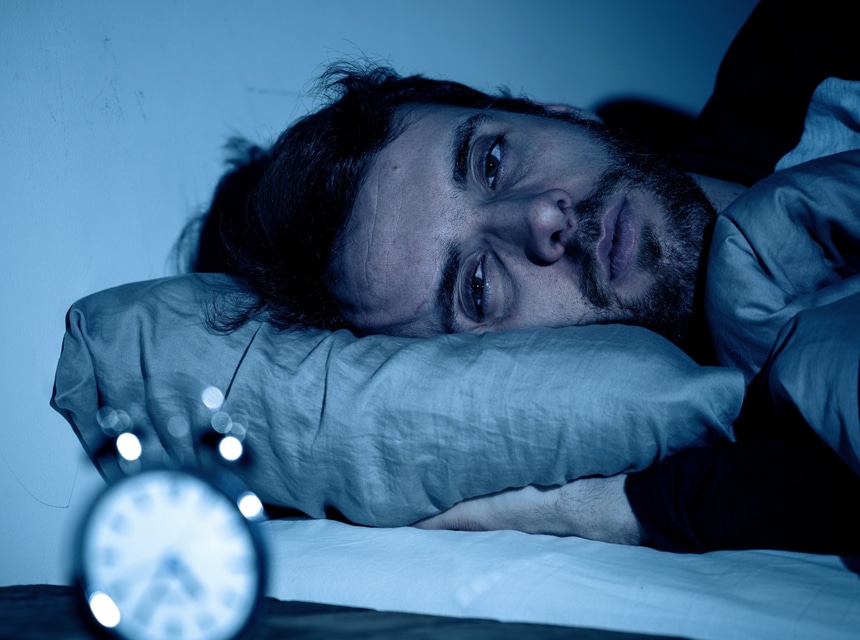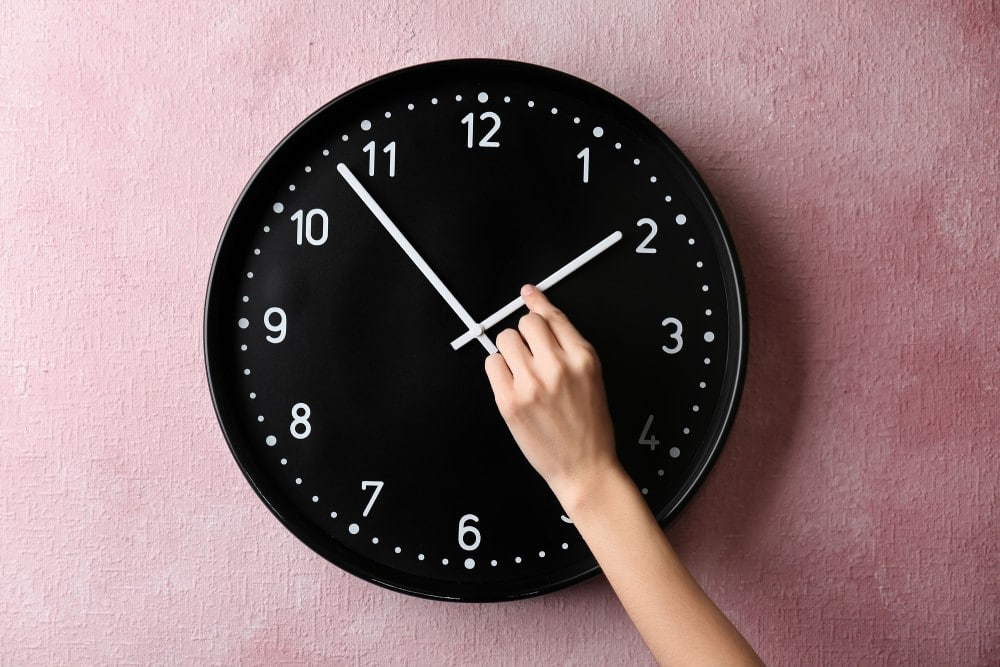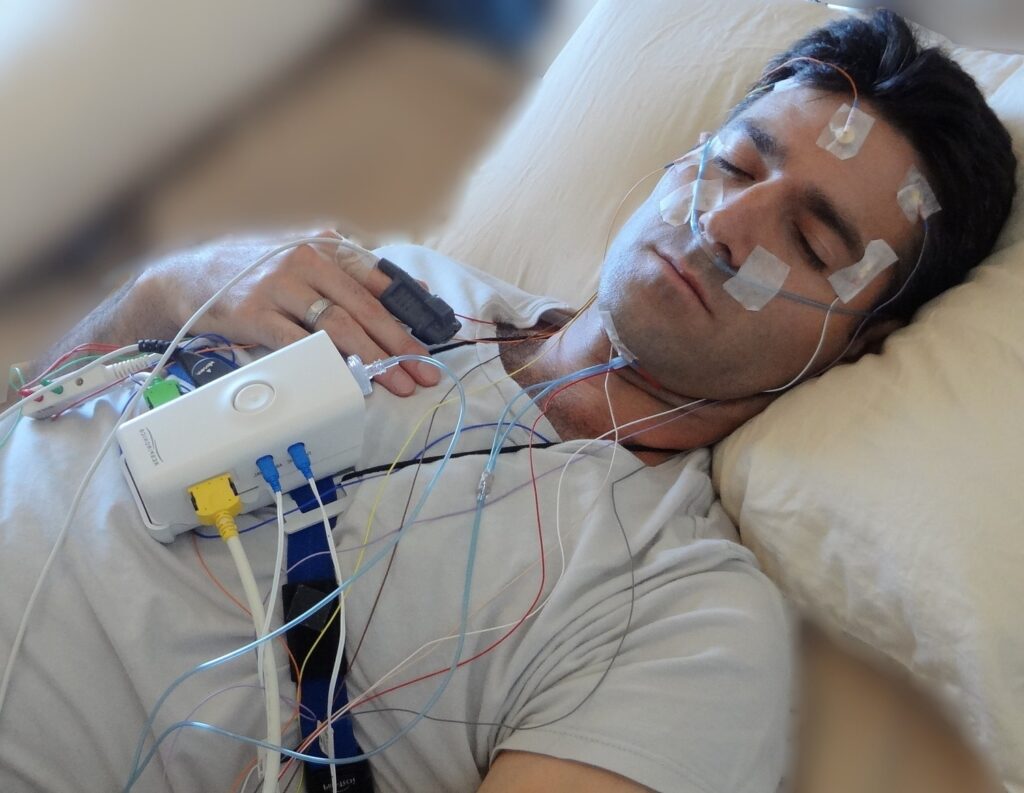

Were you ever told to “go outside and play” as a child? If so, whoever said that to you was probably onto something! As it turns out, getting sufficient natural sunlight every day can help you maintain a positive mood, have higher sleep quality, and have better mental health overall. At least, that’s what the researchers at Australia’s Monash University recently concluded after they conducted an intensive study on the topic. The study, which was led by Ph.D. student Angus Burns (of the Monash University Turner Institute for Brain and Mental Health) and Associate Professor Sean Cain, involved more than 400,000 UK Biobank participants.
For years the scientific community has studied sleep and which factors have a negative impact on sleep quality and duration. Recent discoveries include uncovering the tie between your circadian rhythm and exposure to blue light Trusted Source Blue light has a dark side - Harvard Health Light at night is bad for your health, and exposure to blue light emitted by electronics and energy-efficient lightbulbs may be especially so. www.health.harvard.edu , which is the light emitted from most electronic devices.
Additionally, there have been a number of studies on the link between seasonal depression and reduced exposure to sunlight Trusted Source Light therapy for winter depression - Harvard Health If you suffer from seasonal affective disorder, you don’t need to wait for longer days to get some relief. Most of us welcome the sun’s effect on our mood, especially after a stretch of gray days. www.health.harvard.edu (and the helpful vitamin D it provides).
According to Burns and Cain, however, the impact of natural sunlight during daylight hours on sleep and mood hasn’t received enough attention, and they aimed to correct that oversight with their recently published study (you can find it in the Journal of Affective Disorders). Humans, they explain, evolved to sleep at night and work during the day, but modern developments have allowed us to stray from our true nature.
Technological advances, endless hours working from home, and international business travel are just some of the reasons why an individual may find themselves staying up too late or staying inside too long during the day. Both of these side effects, it transpires, can have a negative impact on your mental health, mood, and sleep quality.
Unlike other studies that warn against using too many blue-light-emitting devices at night, this study takes the opposite approach. Instead, the researchers conclude that individuals should be focusing on getting more natural sunlight exposure during the day (whether or not they should also be limiting their blue light exposure was not discussed). Sunlight, they propose, is crucial to helping our bodies function properly.
On average, the study recommends getting at least 2.5 hours of natural sunlight exposure per day. This, the research found, was linked to better mood outcomes, higher quality sleep, and an easier time waking up in the morning. Conversely, not getting enough sunlight each day was found to be a significant risk factor for negative mood, poor sleep, and even depression.
In an interview concerning their recent study, Cain said, “in this study, we observed that greater time spent in outdoor light was associated with better mood outcomes, better quality sleep, and ease of waking.”
Getting enough sunlight may seem trivial in the face of life’s daily tasks, but Cain frames the problem in a very compelling way: “people now spend most waking hours in intermediate, artificial lighting conditions, due to reduced sunlight exposure and relatively bright night-time light exposure.”
Now, no one is telling you to skip out on your responsibilities to go play outside (although wouldn’t that be great), but rather to find ways to incorporate more outdoor time into your normal routine. Whether this involves walking to work, sitting outside during lunch, or maybe even getting some of your work tasks done in the sunshine, the point is that sunlight has some serious benefits. We’re not medical professionals, but you’d probably be better off getting some preventative sunlight than paying to treat some of the more serious problems that occur when you don’t.





